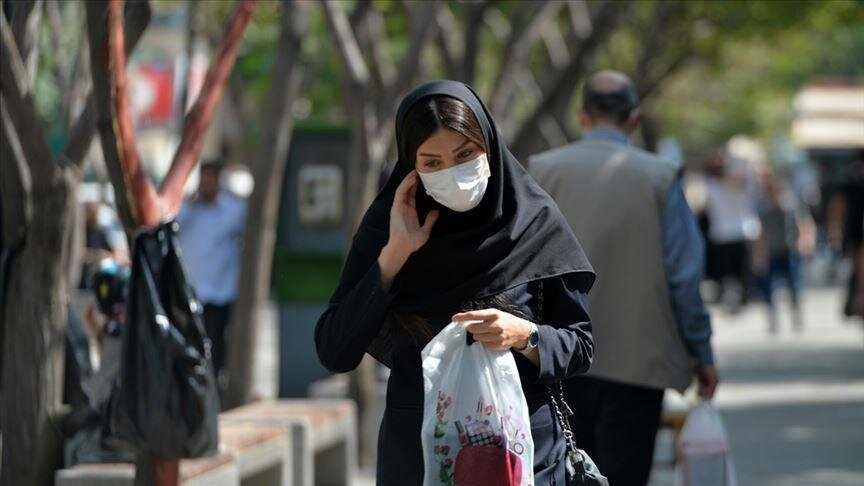No new wave of coronavirus for next three months

TEHRAN – There will not be a new wave of coronavirus and a significant increase in the incidence of this disease over the next three months, Hamidreza Jamaati, secretary of the National Scientific Committee of Coronavirus, has said.
At present, in Asia and Europe, the incidence of Covid and its mortality is steady and declining, while in some African and American countries, there is a growing trend of omicron variants such as BA4 and BA5, which have not spread in Iran.
Various studies have shown that in the first trimester after two doses of the vaccine, there is a 70 percent and after six months, about 50 to 60 percent effectiveness against omicron and its subtypes, so our emphasis is on completing the vaccination.
Following the decision of the National Headquarters for Coronavirus Control, all universities and schools started education in person on April 3 as the new cases of the disease notably reduced. In addition to reducing infection, hospitalization, and death, the vaccine can be effective in reducing post-coronavirus complications, which may even occur up to one year after infection, he noted.
The country will not face a new wave of the pandemic over the next three months, while it is difficult to predict a new wave in the cold seasons of the year, he stated.
Iran has been able to reduce the Covid mortalities from 700 cases to less than 10, and this successful experience of the Islamic Republic was made known in the seventy-fifth session of the World Health Assembly, Health Minister Bahram Einollahi said on May 27.
So far, about 150 million doses of vaccine have been injected into the Iranian population and the coverage of vaccination in the total population is about 75 percent, he highlighted.
Following the decision of the National Headquarters for Coronavirus Control and President Ebrahim Raisi, all universities affiliated with the ministries of science and health, and schools, started education in person on April 3 as the new cases of the disease have notably reduced.
However, Hamid Souri, an epidemiologist had predicted in April that the seventh wave of COVID-19 may hit the country as health experts warn of a rebound due to the New Year (Noruz) holidays which started on March 21.
The seventh wave is likely to occur in mid-May, as it probably takes between two to six weeks to appear, he explained.
Regarding the formation of the seventh wave of the disease in the country, he said that "Wherever the density of contacts is higher, we are more likely to see an outbreak of the new strain, but the main foci of infection are important. At present, there seems to be a combination of omicron and Delta variants in the country.
FB/MG
